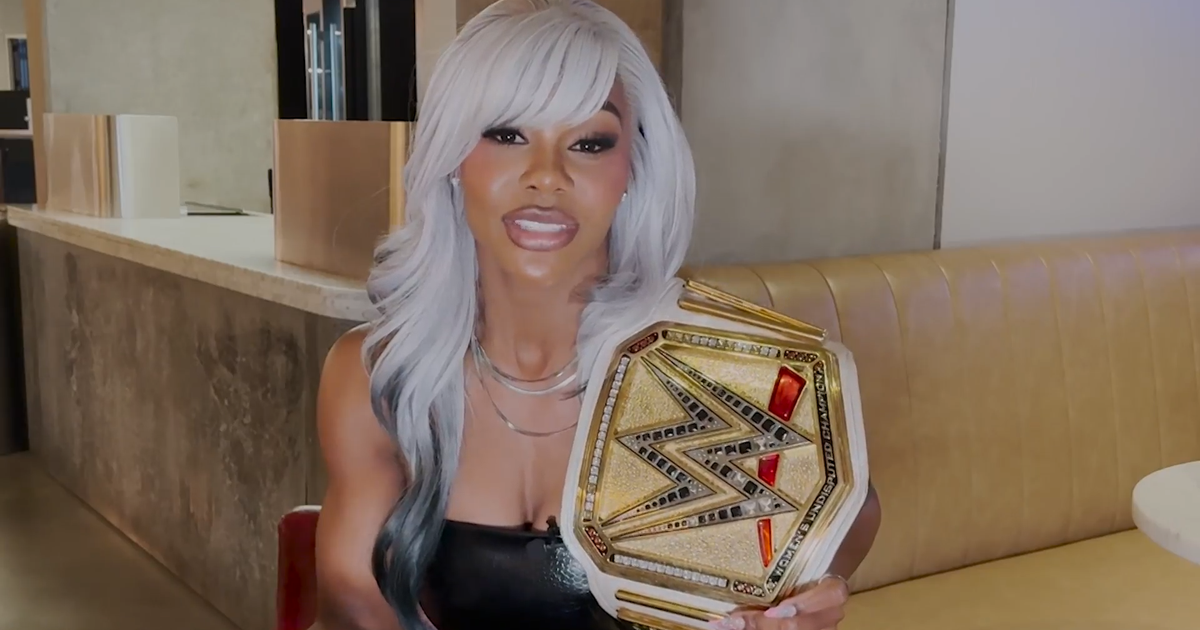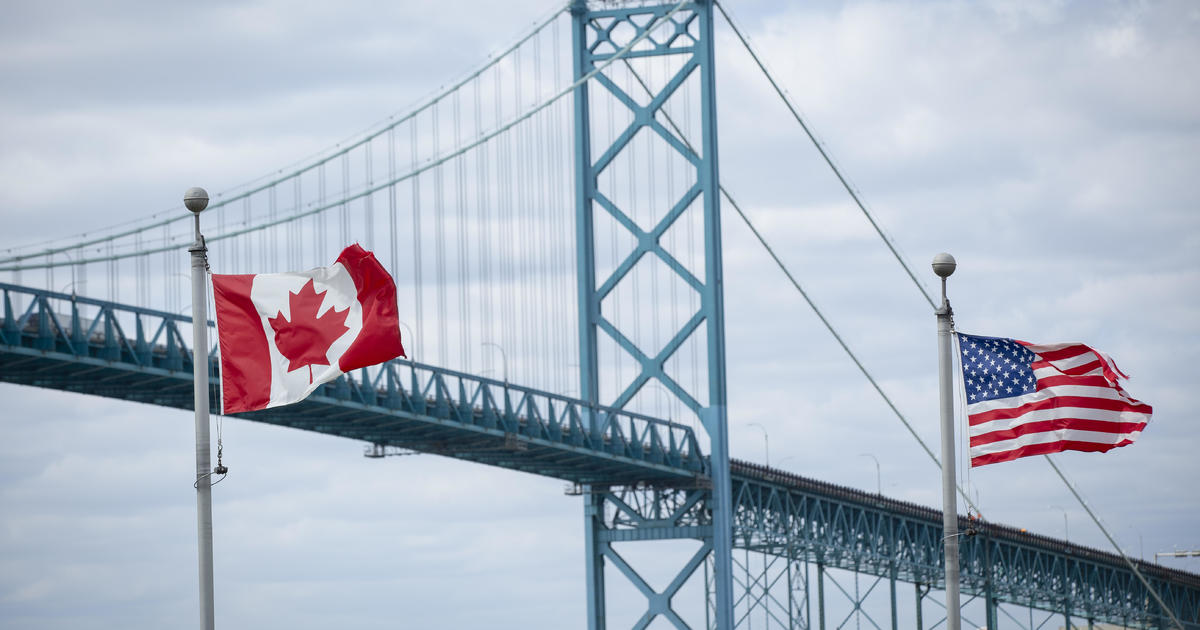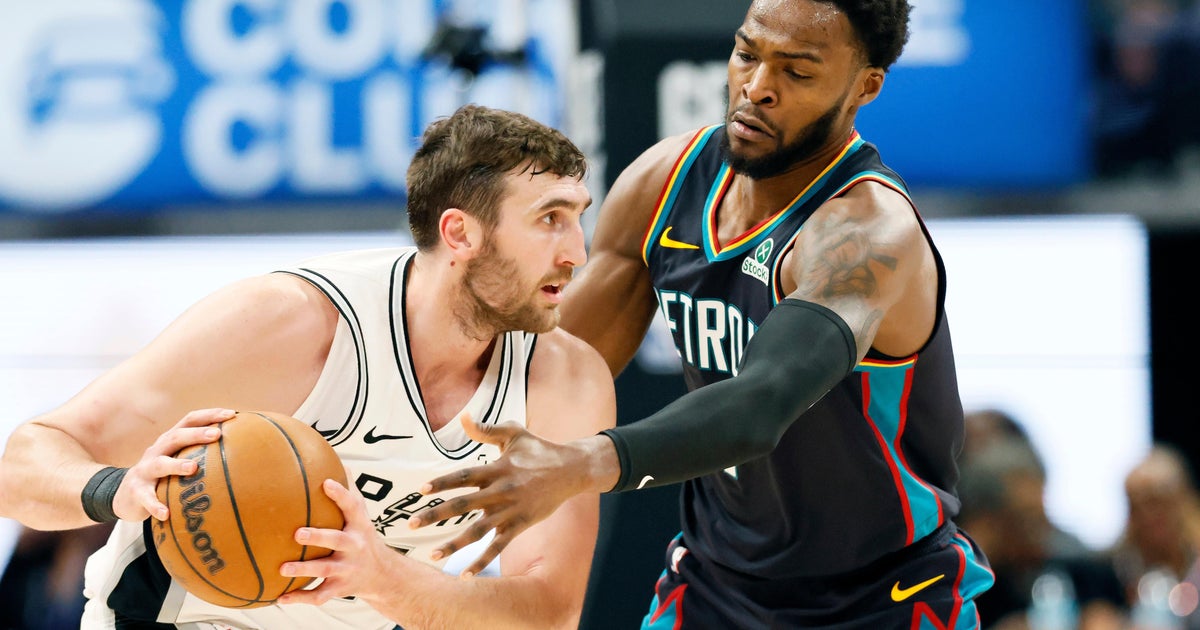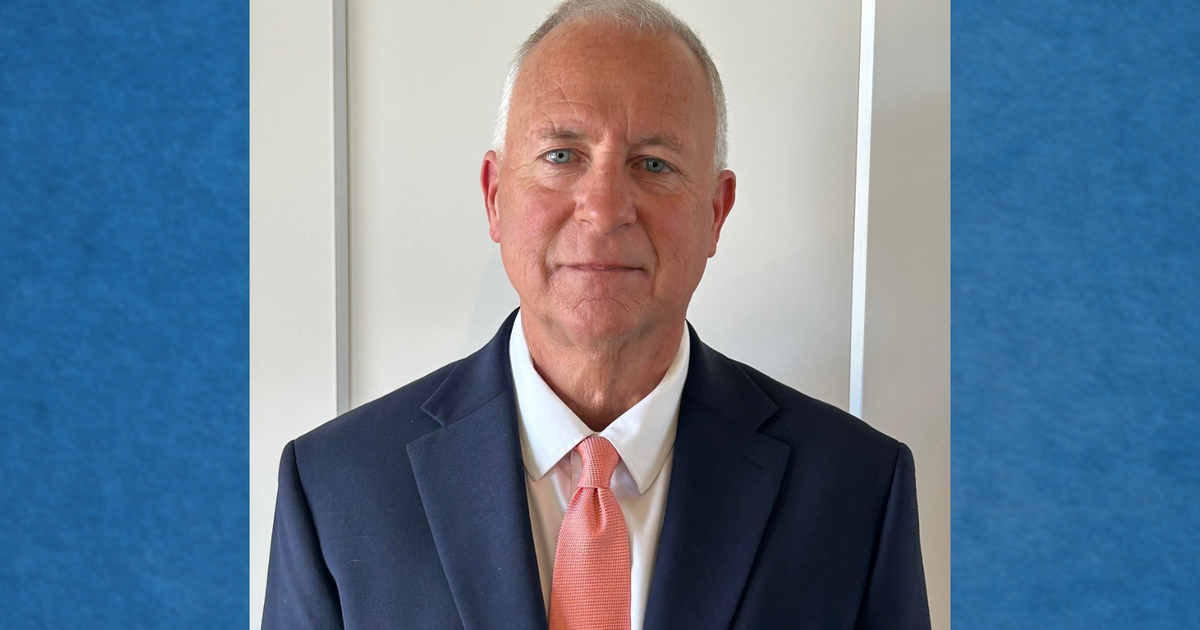Pac-12 Not Finished Changing Image -- Deal With Apple Or Google?
SAN FRANCISCO (AP) -- Larry Scott was wrapping up a late business lunch at a downtown San Francisco restaurant this week, taking one last sip of coffee, parting ways with a handshake and sliding one booth over to start another meeting with new visitors almost simultaneously.
A year after rocking the college sports world with expansion plans, the commissioner of what officially becomes the Pac-12 Conference on Friday with new members Utah and Colorado doesn't waste a moment. There's a network to launch, marketing opportunities to pursue and a host of other issues to capitalize on with the momentum behind the league's growing national spotlight.
So the question had to be asked: Does he ever take a vacation?
"I've managed to squeeze them in," he said, chuckling.
How he's found time is anybody's guess.
Since taking over a conference that was stuck in neutral in July 2009, Scott has orchestrated college sports' largest TV deal, restructured the league and its tournaments, saved sports from being slashed, pulled rival programs together to share revenue and put the nation on notice: The Pac-12 is not just a BCS conference, it's reshaping college athletics.
"I think it's fair to say we exceeded expectations significantly," Scott told The Associated Press this week on the eve of the two-year anniversary of his tenure. "And I'm really as charged up as when I started."
It's no coincidence Scott has led the league to long-sought innovation.
While chairman of the Women's Tennis Association, he pressured the establishment to give equal prize money for women in Grand Slam events. He made the topic not only a marketing ploy but a moral issue in an age where being politically incorrect doesn't fly.
In a major coup to accomplish his goal, he persuaded star Venus Williams to speak before a committee at Wimbledon a day before her 2005 final - not easy in a sport driven by routine.
"He's like a great chess player. He sees many moves ahead," said Andrew Walker, the WTA's chief marketing officer.
Added U.S. Fed Cup captain Mary Joe Fernandez: "He has tremendous vision in marketing the game, in thinking forward."
That was just the kind of fresh approach the conference craved.
Geographically concentrated on the West Coast away from conventional networks and sponsors, athletic departments were hit even harder during the economic downturn and former commissioner Tom Hansen's tenure was drying up. There was almost unanimous support for a new direction.
A wide-ranging search targeted more than 60 candidates around the country from all types of backgrounds. Scott, a former Harvard tennis player who also spent time with the men's ATP Tour as a player and executive, didn't even apply.
After living in Australia, Monaco, London and Florida, among other stops, he wasn't sure about moving his family again when he was approached by a private company hired by the league to find a replacement. With the conference's television rights deal expiring in the summer of 2011, he also realized there was tremendous potential for growth.
"I have this entrepreneurial bug about me," he said. "For me, my satisfaction has to come from if I'm motivated or excited or do I see another hill to climb."
Stanford athletic director Bob Bowlsby was chairman of the search committee and, along with college presidents and departments heads, he wanted someone outside of intercollegiate sports with a background in marketing and the political wrangling needed to pull off major moves. Scott was the perfect fit.
"He had significant experience in getting disparate organizations moving in the right direction," Bowlsby said. "I think the conference was always held in high esteem. But I think Larry has gotten everybody on the same page and pulled our strengths together."
Scott put a pair of ideas in motion that revolutionized the league.
He nearly raided the Big 12 to form a 16-team super-conference last year until Texas decided to stay, which was enough to convince Oklahoma, Oklahoma State, Texas Tech and Texas A&M not to move. Scott still lured Utah from the Mountain West and Colorado from the Big 12, giving him more leverage during TV negotiations with a conference title game to market.
At least that was his plan all along.
Scott negotiated a landmark 12-year television contract with Fox and ESPN worth about $3 billion, allowing the conference to quadruple its media rights fees and start its own network. While he believes the "pause button" has been hit on expansion, he stopped short of calling such plans over.
"From everything I know about sports marketing and what I saw talking to people across the country through the process we went through last year, there's still a lot of unlocked value for schools in a further consolidation," Scott said. "There's also a lot of politics. And I'm not sure what trigger events would be or whatever, but all my instincts and intuition is that there will be further consolidation, just not in the very near term."
The soon-to-be-formed Pac-12 network might not be conventionally focused on TV either, or at least not exclusively.
Scott is exploring ideas to make the network an online venture with companies such as Google or Apple, and he wants to secure a partner soon to allow somewhere close to a 12-month window to launch ahead of the 2012 football season.
That's not the only old-fashioned approach Scott has challenged.
Scott also said he's in "full support" of researching stipends for student-athletes, he's prepared to move football games from Saturday to Sunday this fall if the NFL lockout persists and he's taking bids from about eight cities to host the league's men's and women's college basketball tournaments together or separately - whatever generates the most exposure and money for cash-strapped schools, something member programs can easily rally around.
"He's scary smart," Utah athletic director Chris Hill said. "He is somebody that really stays focused on what he needs to get done and doesn't let other things get in the way."
Scott spent his first three months on the job touring campuses to get a feel for each one's pulse.
Not only did he meet with university presidents and athletic directors, he made efforts to speak with coaches and players.
That face-to-face relationship was something many weren't accustomed to; Stanford women's basketball coach Tara VanDerveer even remarked after clinching the Pac-10 title this season that she couldn't remember a commissioner personally handing her a regular-season trophy after the game in her 33-year tenure.
Others around the league also have noticed the increased interaction.
"He's a great listener," Arizona athletic director Greg Byrne said. "I try to do more listening when I'm with people than I do talking, but I feel like I'm doing more talking when I'm with Larry and I should be the one listening. He's got a demeanor about him that people like being around."
The culmination of Scott's early efforts will come Friday.
The commissioner was invited to Utah's Capitol Hill for a celebration of what has officially been proclaimed "Utah Pac-12 Day." Everyone from school administrators to students to congressmen will be in attendance.
"He's on his way," Hill said, "to a well-deserved vacation after he's coming here."
---
AP Sports Writers Lynn DeBruin in Salt Lake City, John Marshall in Tucson, Ariz., and freelance writer Sandra Harwitt in Wimbledon, England, contributed to this story.
---
Antonio Gonzalez can be reached at: www.twitter.com/agonzalezAP







